Civil Procedure on the Multistate Essay Exam: Highly Tested Topics and Tips
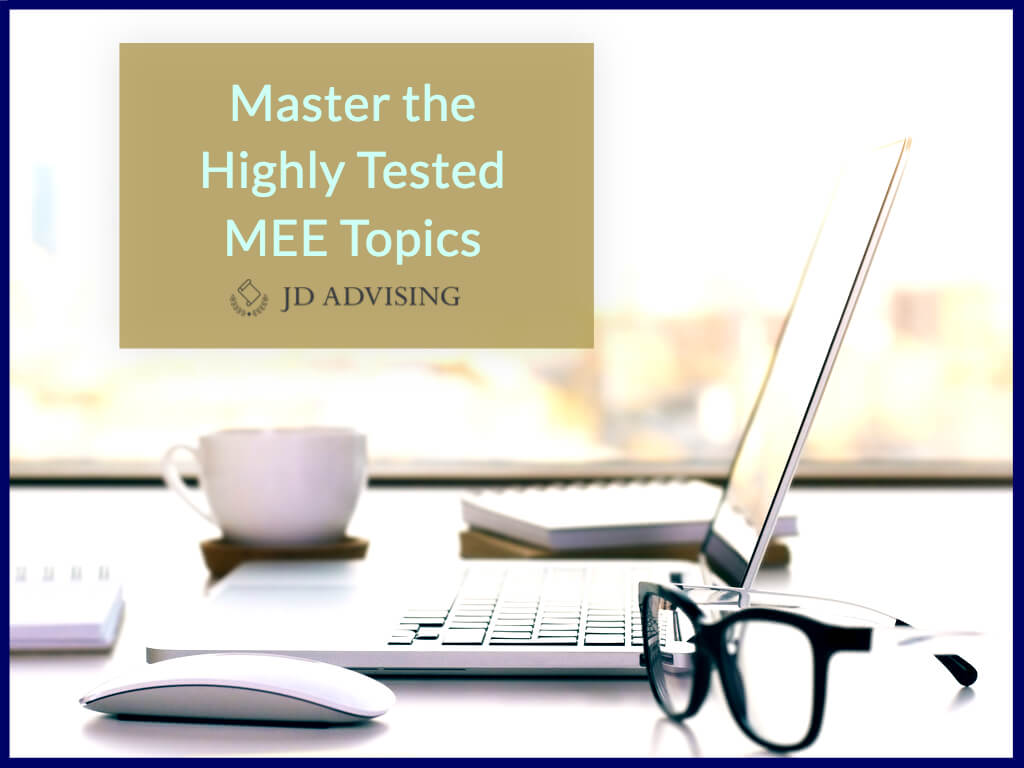 Civil Procedure on the Multistate Essay Exam: Highly Tested Topics and Tips
Civil Procedure on the Multistate Essay Exam: Highly Tested Topics and Tips
Civil Procedure is by far the most highly tested topic on the MEE. Civil Procedure has been tested repeatedly since the 1990s and has been tested on 22 out of the last 30 MEEs. That means that Civil Procedure has been on 73% of the MEEs since February 2011. Further, the examiners often test the same issues in Civil Procedure MEE questions, so it is worth knowing what these highly tested Civil Procedure issues are.
Here, we give you tips for approaching Civil Procedure on the MEE and we reveal some of the highly tested issues in Civil Procedure MEE questions.
Civil Procedure on the Multistate Essay Exam
1. First, be aware of how Civil Procedure is tested
Civil Procedure used to be a guaranteed subject on the MEE. It appeared virtually every year.
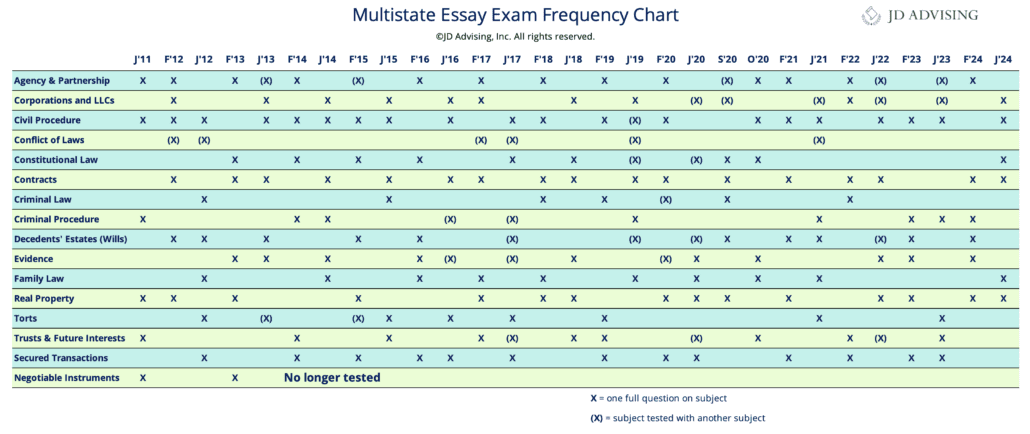
Then, Civil Procedure was added as a Multistate Bar Exam (MBE) subject in February 2015. It is probable that the National Conference of Bar Examiners (NCBE) feels more comfortable not including Civil Procedure on the MEE now since it is tested on the MBE. Thus, we expect to see Civil Procedure tested less frequently on the MEE. However, you should still be very well acquainted with Civil Procedure! Not only will you see 25 scored MBE questions covering the subject, but it is still the most highly tested MEE subject, even if it is tested less frequently than it used to be.
Civil Procedure generally is tested on its own but is occasionally combined with Conflict of Laws.
2. Be aware of the highly tested Civil Procedure issues
The examiners tend to test several of the same issues in Civil Procedure questions. You can maximize your score by being aware of these highly tested issues. (We have a nice summary of these in our MEE One-Sheets if you want to see all of them and have them all in one place.)
Some of the highly tested Civil Procedure Multistate Essay Exam issues include:
Subject matter jurisdiction (SMJ)
Subject-matter jurisdiction (SMJ) is by far the examiners’ favorite Civil Procedure MEE topic to test. The examiners especially like to test diversity jurisdiction and supplemental jurisdiction, with federal-question jurisdiction and removal being tested slightly less frequently. Subject-matter jurisdiction is the power of a court to hear a certain type of case. Most state courts have very broad subject-matter jurisdiction whereas federal courts have limited subject-matter jurisdiction.
- Federal-question jurisdiction: The type of claim must be created by federal law or created by state law but depend on a substantial federal question. The federal question must appear on the face of the plaintiff’s well-plead complaint. When federal-question jurisdiction is tested, it is often tested with personal jurisdiction.
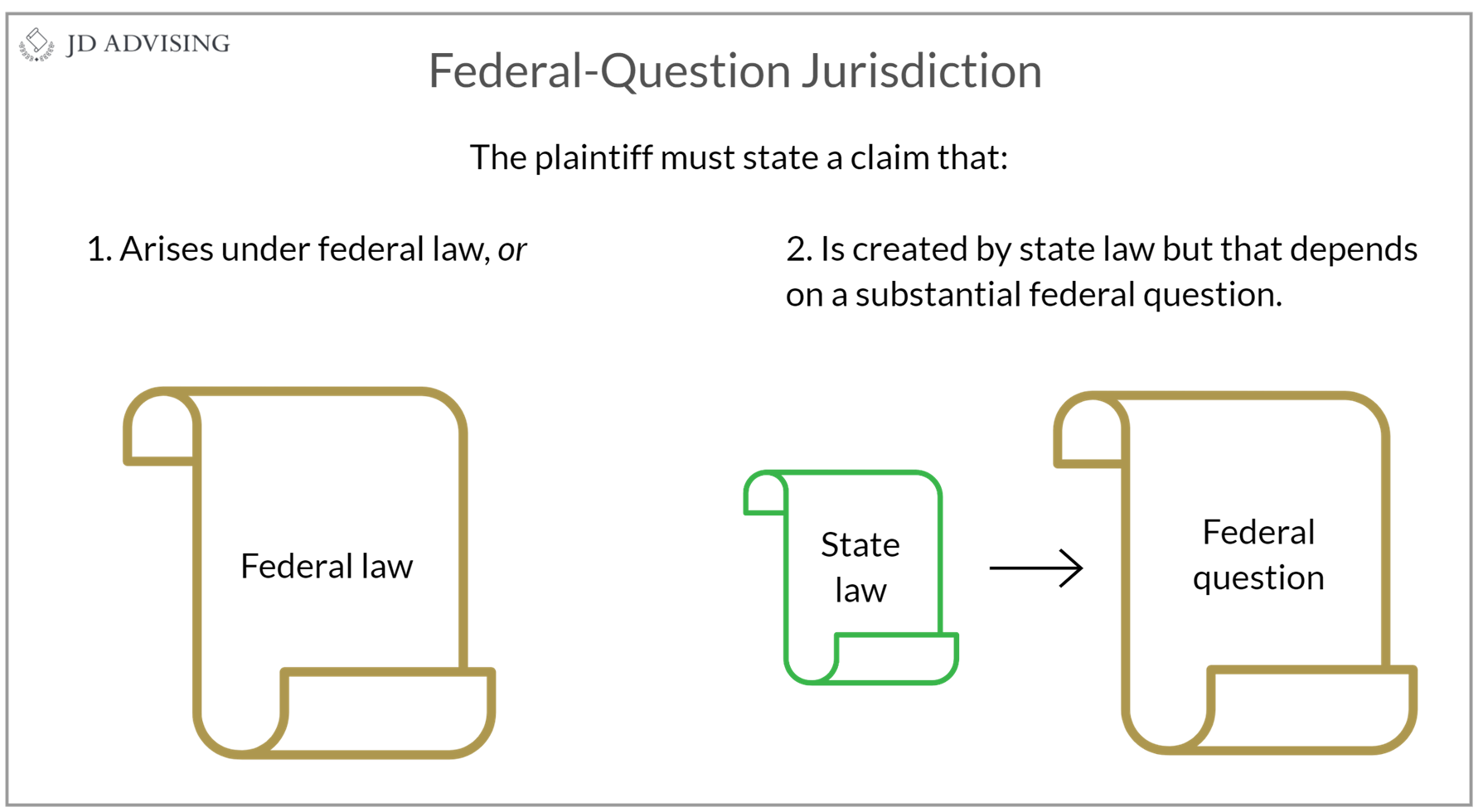
- Diversity jurisdiction: This type of claim has two requirements: (1) there must be complete diversity of citizenship and (2) the amount in controversy must be over $75,000. Rules of domicile are tested with diversity jurisdiction. Remember to look to where a party is domiciled at the time the lawsuit is filed, as that is when domicile is determined for diversity jurisdiction purposes.

- Supplemental jurisdiction: This occurs when there is a jurisdictional basis for one claim but not for another claim. The federal court has subject-matter jurisdiction over both claims if they arise from a common nucleus of operative fact. Supplemental jurisdiction commonly occurs when (1) a plaintiff asserts a federal claim and wants to tack on a state law claim or (2) a party is added after the initial lawsuit.
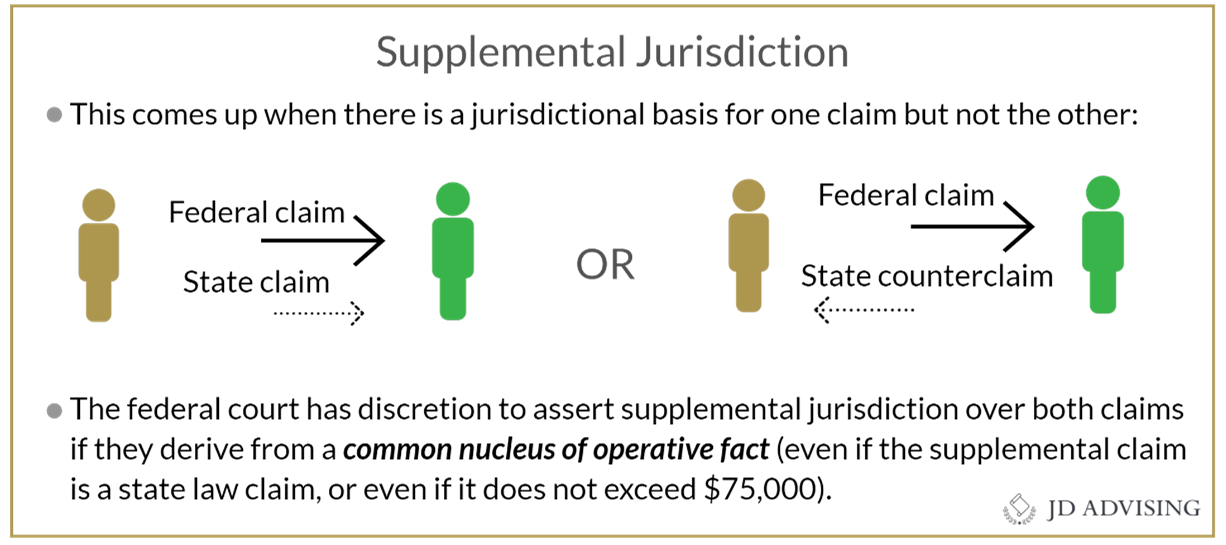
Personal jurisdiction (PJ)
Personal jurisdiction (PJ) was not tested very often in the past but recently it has been tested more frequently. Here are some tips for answering PJ questions on the MEE:
- If you see a PJ issue on your essay, make sure to discuss general personal jurisdiction and then specific personal jurisdiction. Give a brief overview of both (even if specific personal jurisdiction is what is being tested, which is usually the case). Giving an overview of both will make your answer appear thorough.

- Remember to mention that personal jurisdiction stems from the Fourteenth Amendment Due Process Clause.
- Use key vocabulary if specific personal jurisdiction is tested. A good summary of specific personal jurisdiction is: “Personal jurisdiction is constitutional if the defendant engaged in such minimum contacts with the state that it would not offend traditional notions of fair play and substantial justice.” Also, remember to consider whether the defendant “purposefully availed themselves of the benefits and protections of the state.”
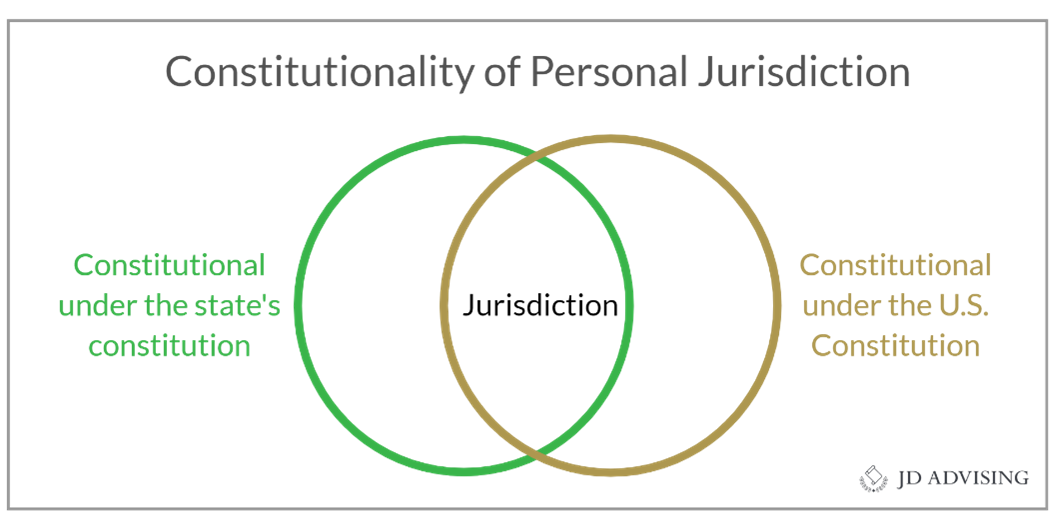
Venue
Venue appeared on Civil Procedure MEE questions more frequently in the past than recently. However, it is a good idea to understand the basics of venue.
- General rule: Venue is proper in a district where (1) any defendant resides if all defendants reside in the same state, (2) in a district where a substantial part of the events or omissions giving rise to the claim occurred, or (3) a substantial part of property that is subject to the action is situated. (There are also narrow fallback rules that, so far, have not been emphasized on the MEE.)
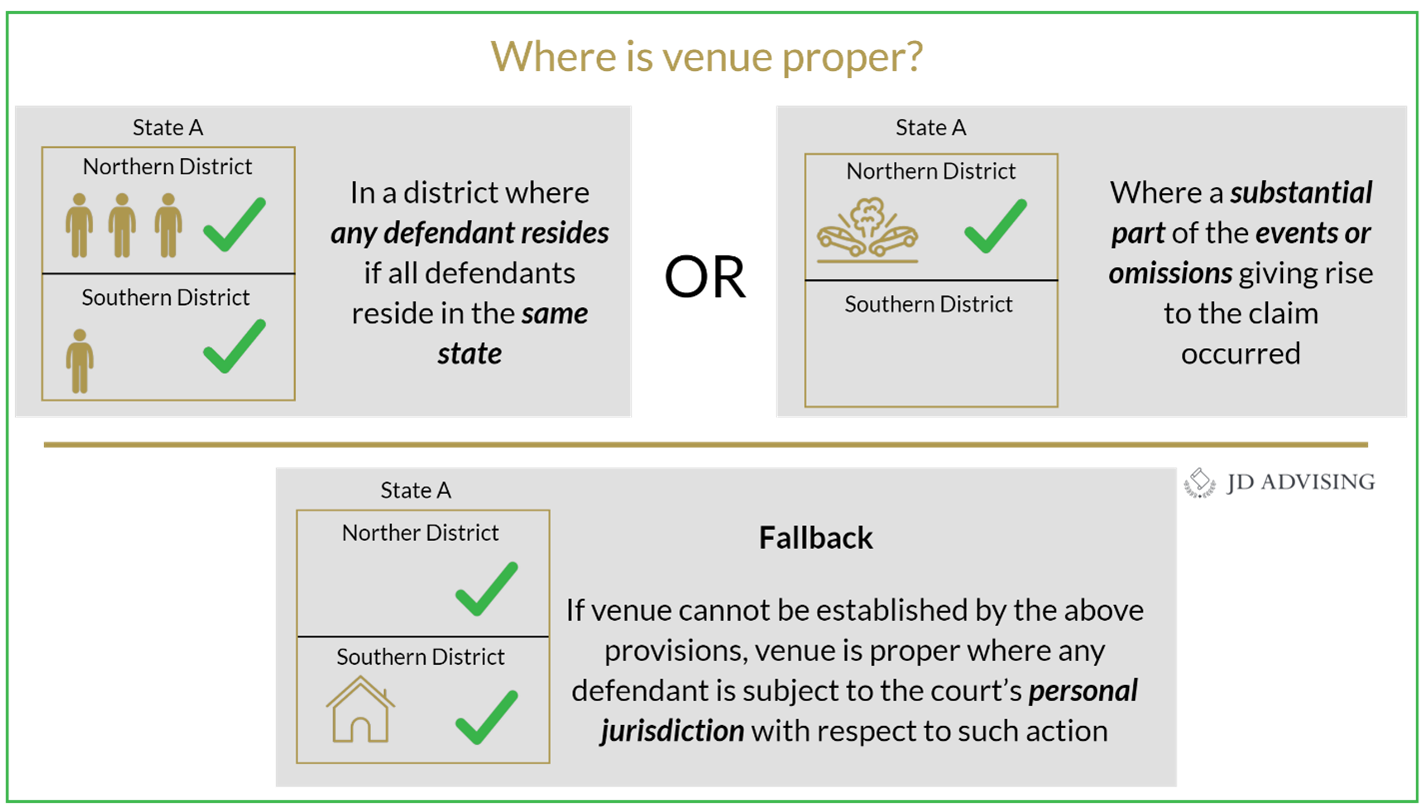
- Transfer to a more appropriate forum: This concept is frequently tested when venue is tested. The federal court has the authority to transfer a case to another federal district for the convenience of the parties and witnesses and in the interest of justice. The new forum must have subject-matter jurisdiction over the case and personal jurisdiction over the defendant. The court will apply the law of the transferor forum. Because the case was properly brought in the transferor forum, it makes sense that the court will apply the law of the transferor forum.
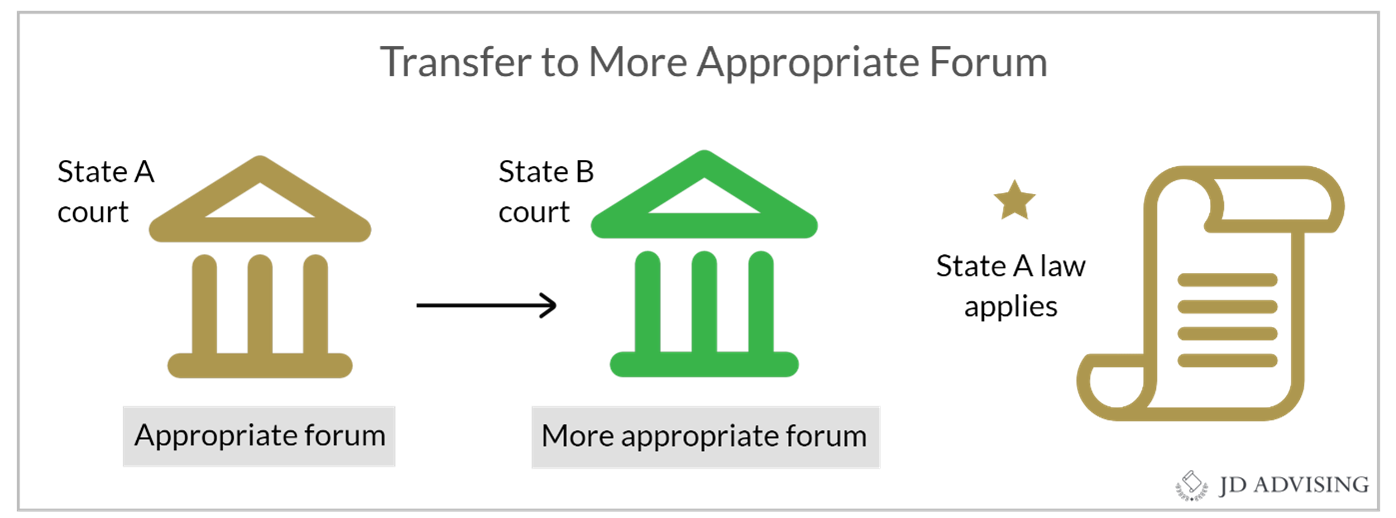
Other issues
Other issues that appear in Civil Procedure MEE questions are the following:
- Service of process
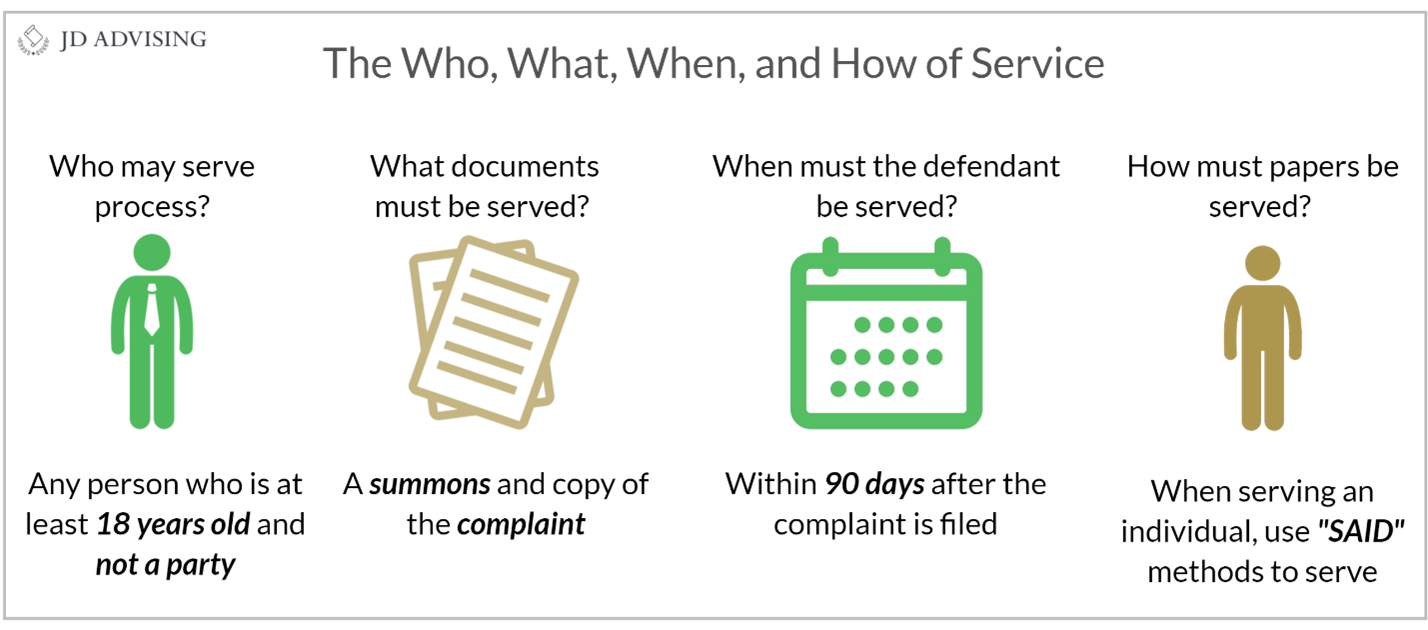
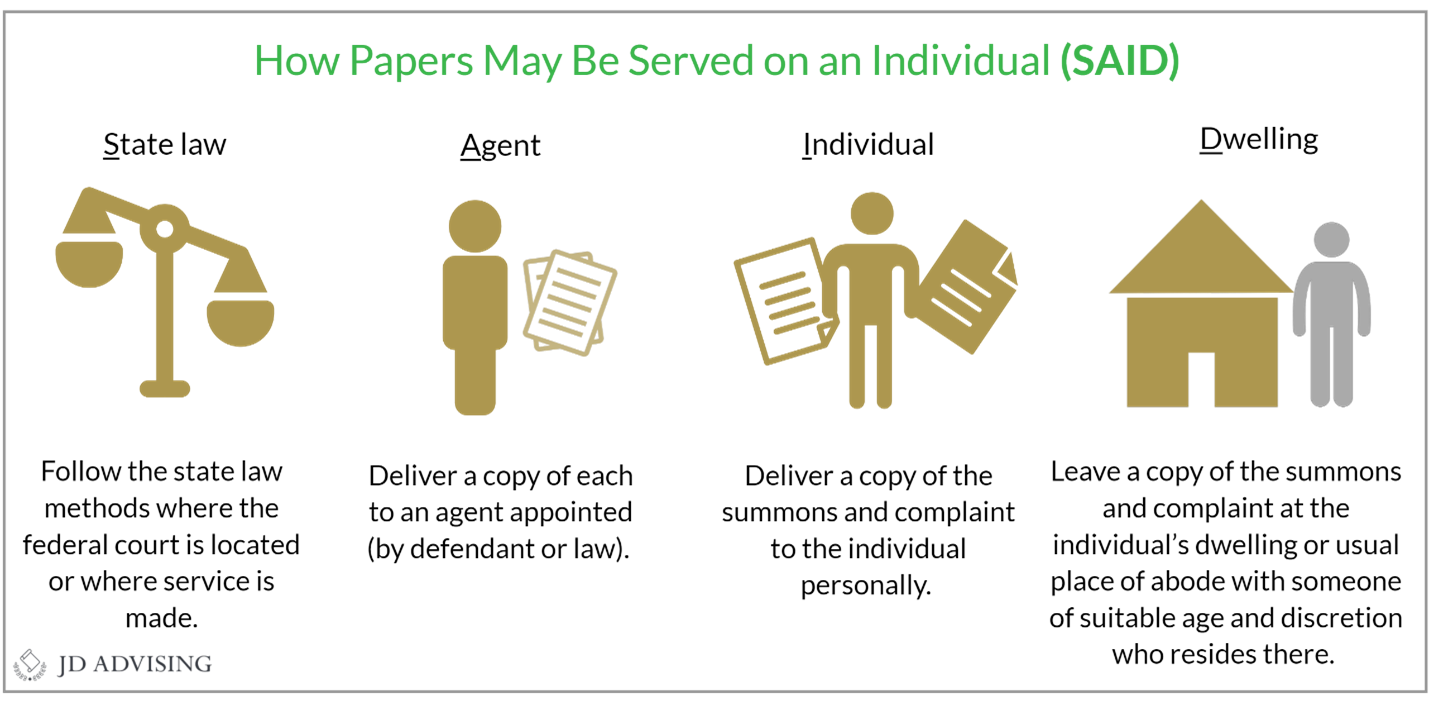
- Temporary restraining orders (TROs) and preliminary injunctions: Temporary restraining orders (TROs) are short-term temporary injunctions that courts grant as a stopgap measure until a hearing can be held to determine if a temporary injunction is appropriate. Examples of when a temporary restraining order may be issued are stalking, harassment, or trademark, copyright, or patent infringement. Preliminary injunctions provide equitable relief with the object of preserving the status quo.
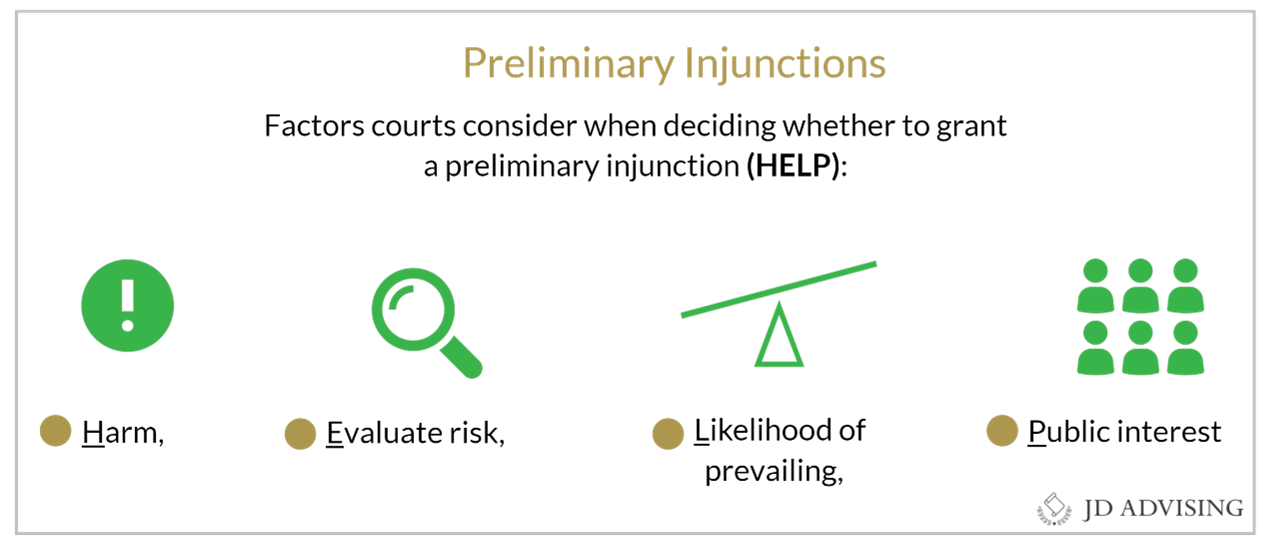
- Joinder of plaintiffs: This is the most commonly tested joinder issue on the MEE. Plaintiffs may join plaintiffs using permissive joinder under FRCP 20(a)(1). Under this rule, the plaintiffs’ claims must arise out of the same transaction or occurrence and the claims must involve a common question of law or fact.
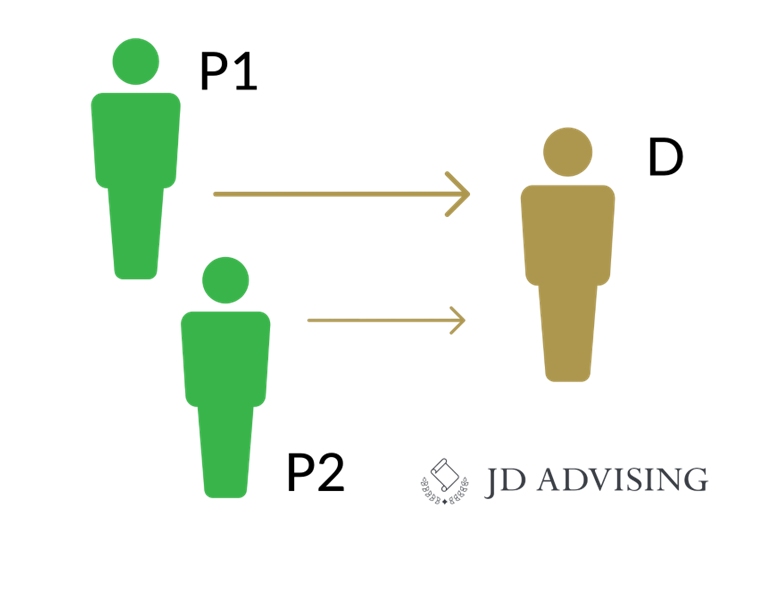
3. Connect every dot for the grader using IRAC
To make sure you connect every dot for the grader, get in the habit of using IRAC. Make sure your rule statements start from general and go to specific. Also, state the general rule before applying exceptions, especially if broader principles are tested, such as jurisdiction and venue). Use the following format:
- Issue
- Rule (general rule / specific rule, then any relevant exceptions)
- Analysis
- Conclusion
For example, if you see personal jurisdiction tested, after identifying the issue, your rule statement should contain things like:
- Personal jurisdiction arises from the Due Process Clause of the Fourteenth Amendment.
- The U.S. Constitution and the state long-arm statute must be satisfied.
- A brief overview of general and specific jurisdiction before applying the law to the facts and concluding.
Some students just jump in and make conclusory statements like “jurisdiction is not appropriate because there are no minimum contacts.” These students miss out on valuable points because they do not give an overview of the basic principles of law (even though they appear to know them). Remember to connect every single dot for the grader! This will maximize your points on Civil Procedure on the MEE!
4. Practice!
Practice is critical if you want to master Civil Procedure on the MEE. As an added bonus, you may also see your MBE score improve if you write answers to Civil Procedure MEE questions.
Here we provide you with some links to free Civil Procedure questions and NCBE point sheets. You can also see some additional exams on the NCBE website for free here.
- February 2022 Civil Procedure MEE: this MEE covers Rule 14 impleader (third-party joinder); specific PJ; 100-mile bulge rule; and the Rule 54 exception to the final judgment rule.
- July 2022 Civil Procedure MEE: this MEE covers necessary parties (rule 19); SMJ (diversity); and how to proceed when a necessary party can’t be joined.
- July 2021 Civil Procedure MEE: this MEE covers SMJ, supplemental jurisdiction; Erie doctrine; and federal pleading requirements (“notice pleading”).
- July 2016 Civil Procedure MEE: this MEE covers PJ, SMJ, and venue.
- February 2015 Civil Procedure MEE: this MEE covers service of process, SMJ, and impleader.
- February 2013 Civil Procedure MEE: this MEE covers claim and issue preclusion.
- July 2009 Civil Procedure MEE: this MEE covers removal, joinder of plaintiffs, PJ, and SMJ.
Go to the next topic, Conflict of Laws.
Seeking MEE Expertise?
🌟 Freebies & Discounts
- Free Bar Exam Resource Center: Explore for leading guides, articles, and webinars.
- Expert-Crafted Bar Exam Guides: Unveil insights on high-frequency MEE topics and strategies for success.
- Free Webinars: Engage with top bar exam experts.
🔥 Top-Rated MEE Resources
- MEE One-Sheets: Boost your confidence with our most popular bar exam product!
- Bar Exam Outlines: Our comprehensive and condensed bar exam outlines present key information in an organized, easy-to-digest layout.
- NEW MEE Mastery Class: Unearth focused, engaging reviews of essential MEE topics.
- Bar Exam Crash Course and Mini Outlines: Opt for a swift, comprehensive refresher.
- MEE Private Tutoring and feedback: Elevate your approach with tailored success strategies.
- MEE Course: Preview our acclaimed five-star program for unmatched instruction, outlines, and questions.
🔥 NEW! Dive deep into our Repeat Taker Bar Exam Course and discover our unrivaled Platinum Guarantee Pass Program.

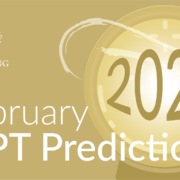
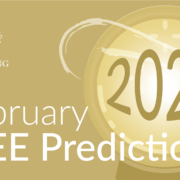


Leave a Reply
Want to join the discussion?Feel free to contribute!